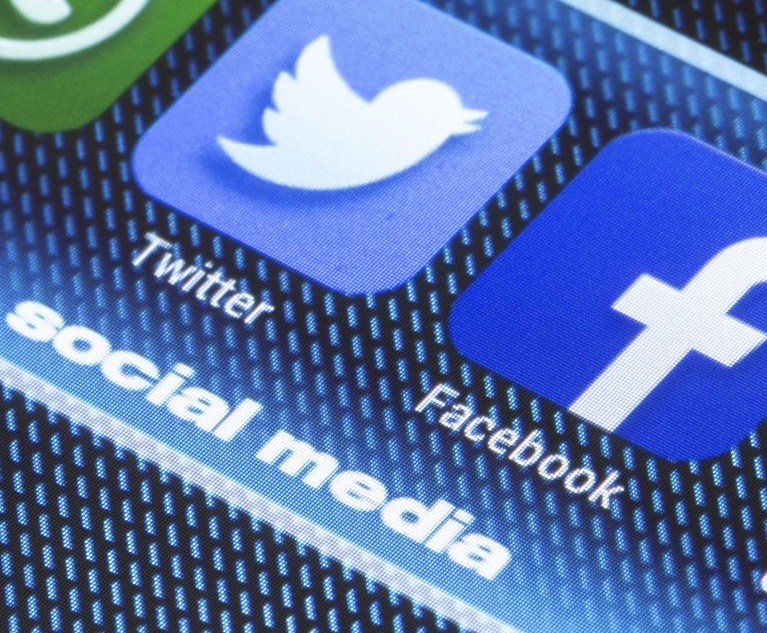With the aggressive pace of technological change and the onslaught of news regarding data breaches, cyber-attacks, and technological threats to privacy and security, it is easy to assume these are fundamentally new threats. The pace of technological change is slower than it feels, and many seemingly new categories of threats have been with us longer than we remember. Nervous System is a monthly series that approaches issues of data privacy and cyber security from the context of history—to look to the past for clues about how to interpret the present and prepare for the future.
A heated and consequential debate revolves around the ethical and legal responsibilities governing social media platforms like Twitter, Facebook, and YouTube. These and other tech giants have risen to enormous power and influence while serving as broadcast media for a range of controversial and disputed content. Counterintuitively, the broad legal protections that tech companies enjoy derive from a law that was intended to encourage them to exercise significant content moderation. In many ways, the present moment is the exact opposite result of what the law set out to achieve.
This content has been archived. It is available through our partners, LexisNexis® and Bloomberg Law.
To view this content, please continue to their sites.
Not a Lexis Subscriber?
Subscribe Now
Not a Bloomberg Law Subscriber?
Subscribe Now
LexisNexis® and Bloomberg Law are third party online distributors of the broad collection of current and archived versions of ALM's legal news publications. LexisNexis® and Bloomberg Law customers are able to access and use ALM's content, including content from the National Law Journal, The American Lawyer, Legaltech News, The New York Law Journal, and Corporate Counsel, as well as other sources of legal information.
For questions call 1-877-256-2472 or contact us at [email protected]


 Twitter and Facebook
Twitter and Facebook




